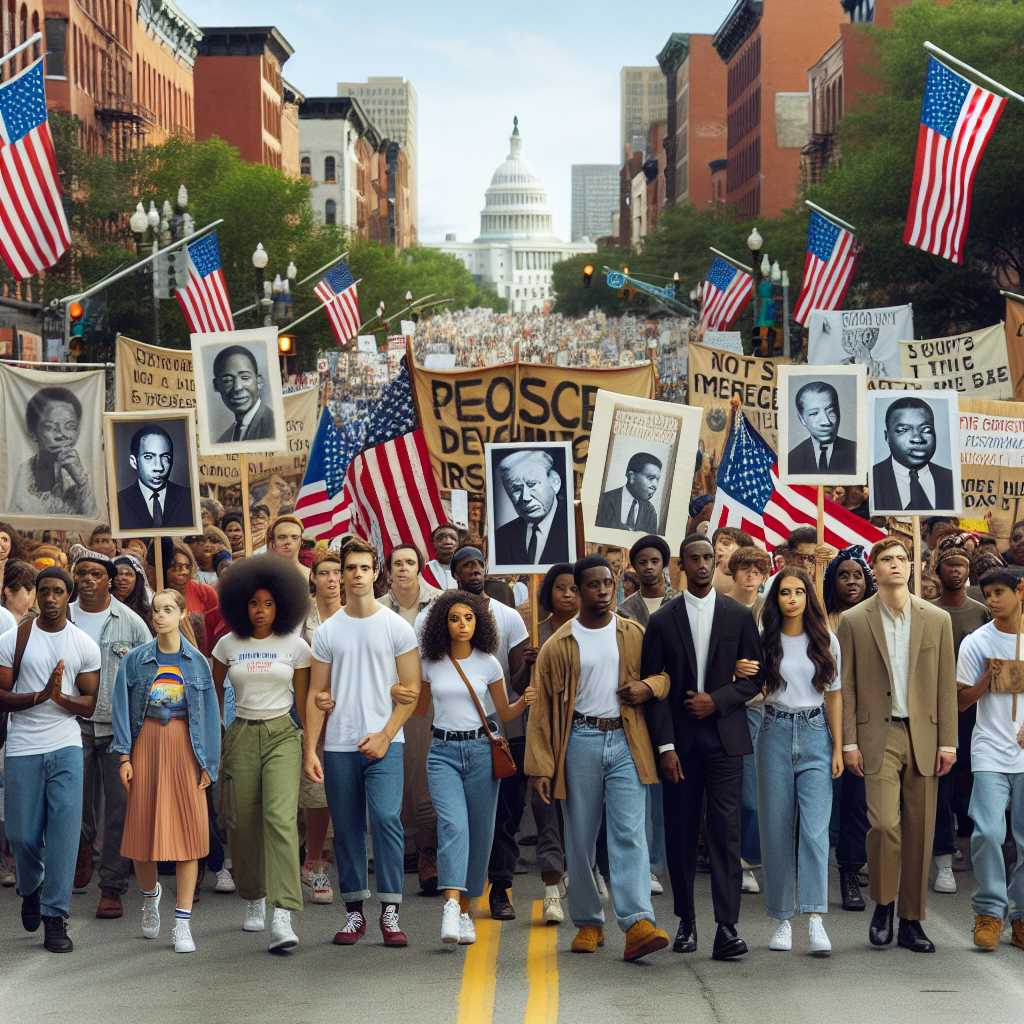Understanding Dr. Martin Luther King Jr. Day – An Insight into the Holiday’s Significance and Celebration
The Genesis of a Holiday to Honor a Hero
Dr. Martin Luther King Jr. Day is a federal holiday in the United States marking the birthday and celebrating the life and achievements of Dr. Martin Luther King Jr., an influential American civil rights leader known for his campaigns to end racial segregation on public transport and for racial equality in the United States.
The idea of marking Dr. King’s birthday as a national holiday was promoted soon after his assassination in 1968. However, it was not until November 2, 1983, that President Ronald Reagan signed the holiday into law after much campaigning by activists and public figures, and the first observance took place on January 20, 1986. It is observed on the third Monday of January each year, around the time of King’s birthday on January 15.
The Significance of Dr. Martin Luther King Jr.
Dr. Martin Luther King Jr.’s significance lies not only in his pivotal role during the civil rights movement but in the enduring impact of his campaign for justice and equality. King rose to national prominence as he led the Montgomery Bus Boycott and helped to establish the Southern Christian Leadership Conference (SCLC). His belief in nonviolent protest became the hallmark of the movement, heavily influenced by Mahatma Gandhi’s philosophy.
King is perhaps most famous for his leadership in the March on Washington for Jobs and Freedom, where he delivered the historic “I Have a Dream” speech envisioning a United States free of racial segregation and discrimination. His efforts were instrumental in the creation of the Civil Rights Act of 1964 and the Voting Rights Act of 1965.
Celebrating Dr. Martin Luther King Jr. Day
Various events across the United States honor King’s legacy on this day. Many cities hold parades, church services, and educational programs that invite community participation and widespread reflection on issues relating to civil rights and social justice.
Educational institutions often incorporate lessons about Dr. King’s work and teachings into their curriculum around this time. There’s also a tradition of service—referred to as “A Day On, Not a Day Off”—which encourages Americans to volunteer and engage in civic-minded activities in tribute to the spirit of selflessness and community service that King embodied.
Continuing Impact and Reflection
Dr. Martin Luther King Jr. Day serves not only as a reminder of King’s historic accomplishments but as a time when Americans are encouraged to reflect on current social issues through public forums, community discussions, and multimedia presentations. It is an opportunity to contemplate civil rights advances but also to collectively ponder how far society has yet to go to realize fully King’s dream.
Cultural Legacy of Dr. King
King’s profound effect on American society has been memorialized in countless ways beyond a holiday designated in his honor. Schools, streets, and buildings across the nation bear his name, attesting to his unyielding legacy. Films, books, music, and art have drawn inspiration from his vision towards a more just and equitable world.
Criticism and Controversy Surrounding MLK Day
Despite broad recognition of its importance as part of American heritage, MLK Day has also been subject to controversy. Some states were initially reluctant to observe it; for them, aspects surrounding politics, economics, or differing perspectives on history created barriers to acknowledgment or full embrace of the day.
Notes
Image Description A wide-angle photo featuring a diverse group of people marching peacefully down a city street carrying banners with images and quotes by Dr. Martin Luther King Jr., against the backdrop of American flags waving from lamp posts to signify national remembrance on MLK Day.
bYxg7

